ancientpansy
Old things are always in good repute, present things in disfavor. Tacitus
3 posts
Latest Posts by ancientpansy







Yesterday I visited the Penates - the house of Russian painter Ilya Repin. It stands surrounded by pine forest, and the Bay of Finland is a 5 minute walk from the house.
The wooden house is very Russian style with little roofs and multiple terraces and enamel fireplaces in every room. There's a large studio on the second floor with large windows and skylights to allow as much natural light in as possible.
Repin was a very prolific painter and a huge name in his day, but also a bit of an eccentric. He always slept in a small unheated terrace, even through the winter. Him and his wife were vegetarian and practiced no-help dinner parties (with no servants at the door or the table). His weekly dinner parties on Wednesdays were attended by a multitude of artists, musicians, scientists. He was friends with Gorky, Mayakovsky, Chukovsky, Tolstoy, Yesenin etc. etc.
(Last picture: Ilya Repin paints opera singer Fyodor Shalyapin in his studio, 1914.)

Resurrection Cathedra, Staraya Russa




Hermitage, Saint Petersburg
@nadziejaestel

The Bronze Horseman (1870) by Vasily Surikov
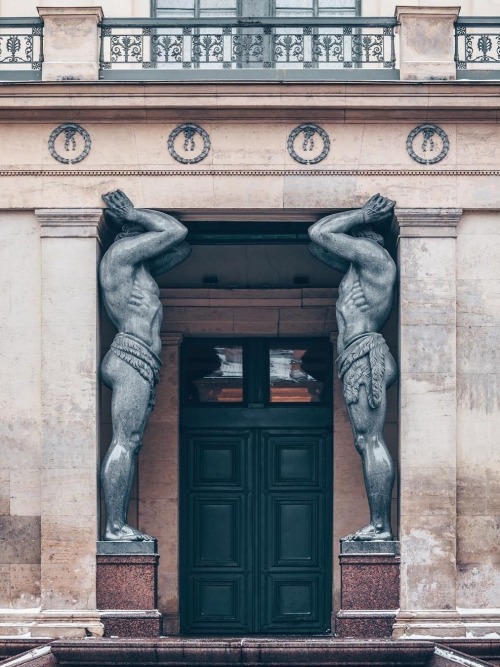
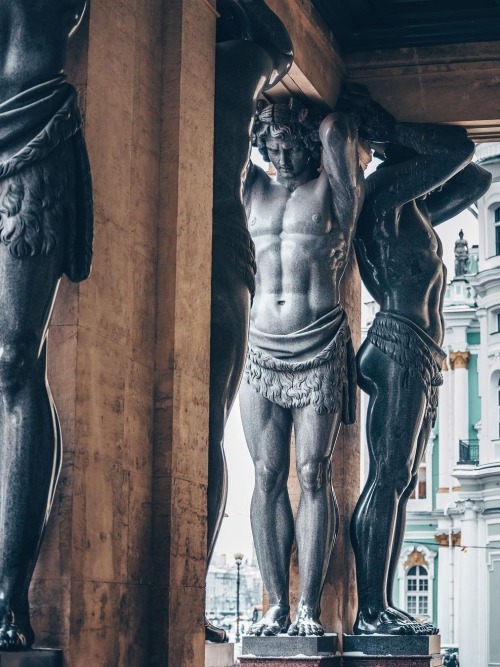
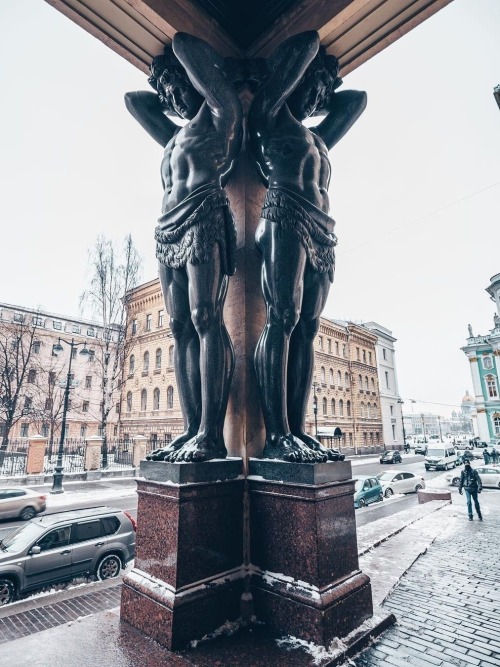
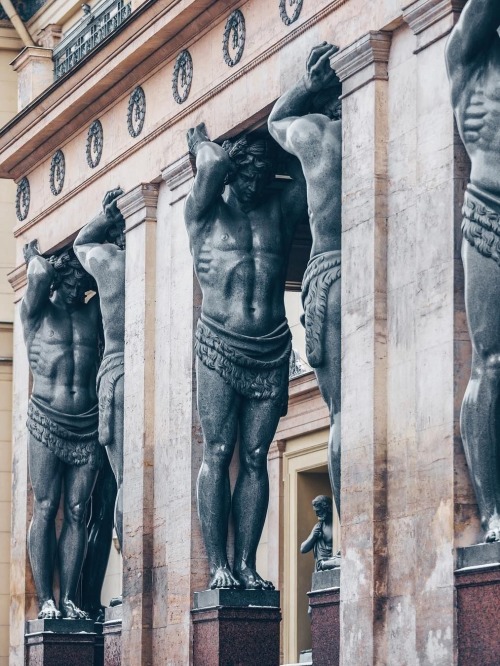
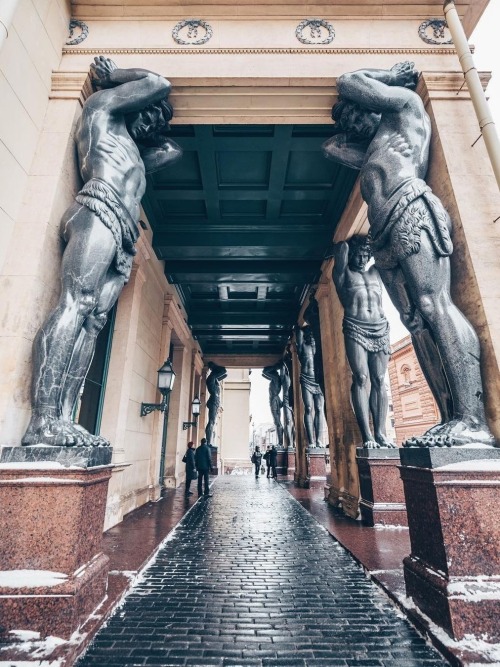
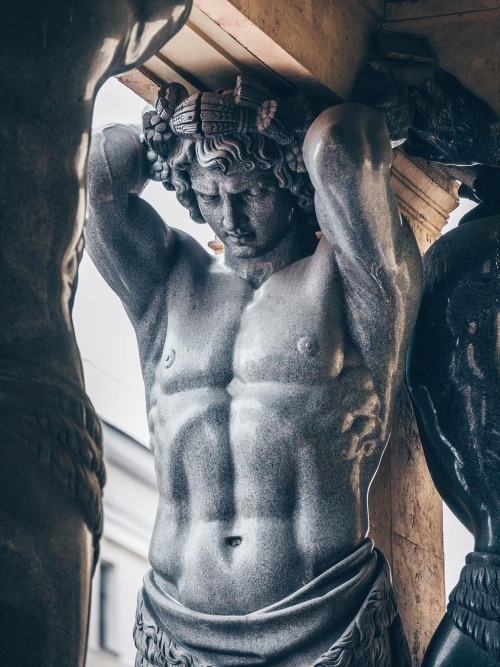
Atlas Statues outside the Hermitage Museum, Saint Petersburg

The Edge of Night - Stanislav Aleksandrovich Brusilov
Russian , b. 1976 -
Oil on canvas
Grand Duchess Tatiana Nikolaevna Romanova, 1913





Jordanian Staircase, Winter Palace, St. Petersburg, Russia,
Source: piter places



Hermitage pavilion in Tsarskoe Selo Photo: nava_vasanta
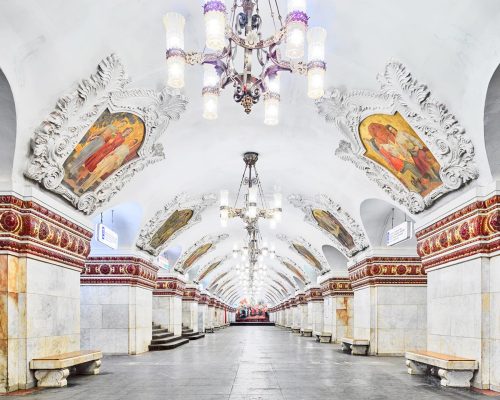
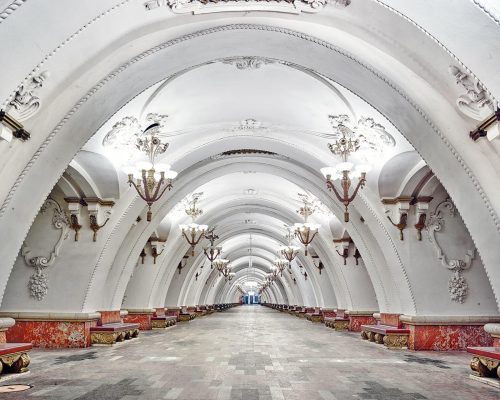
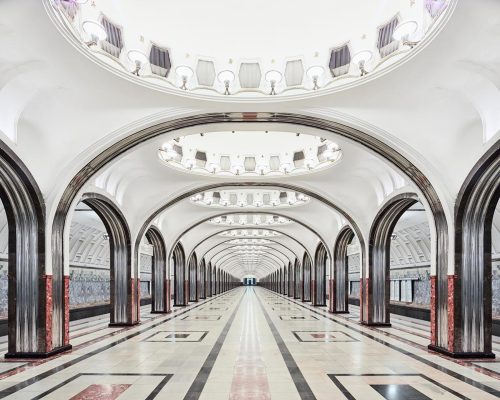
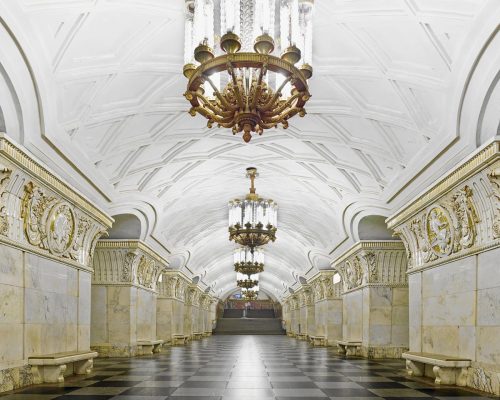
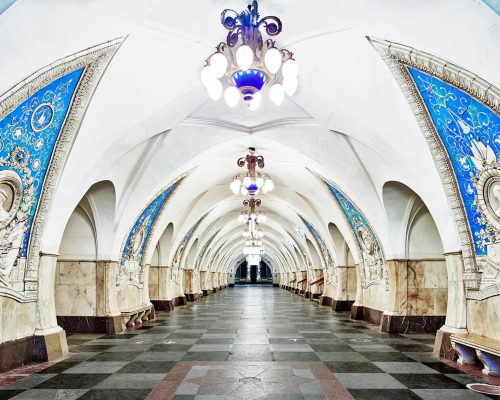
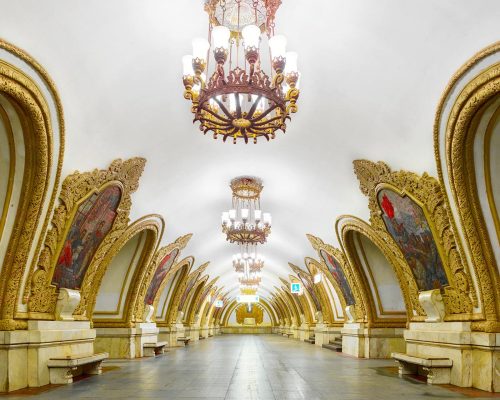
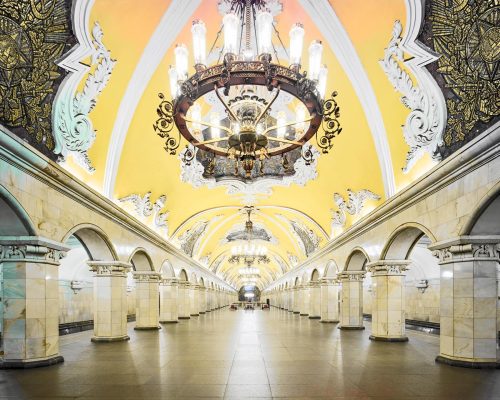
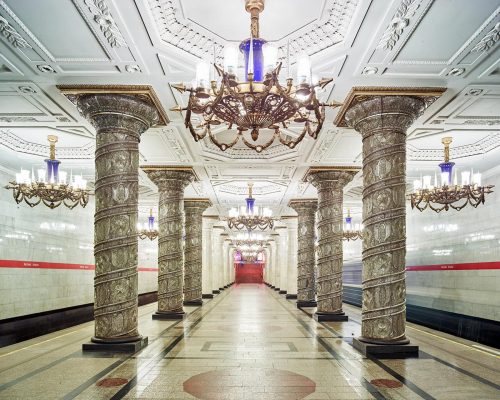
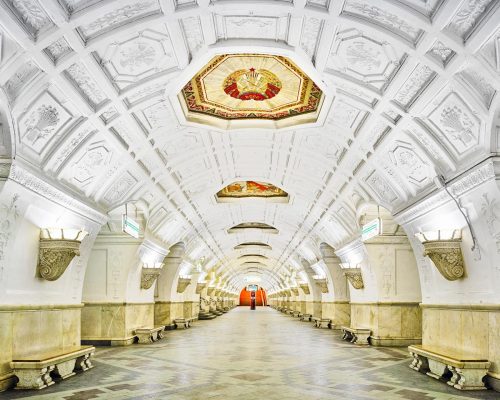
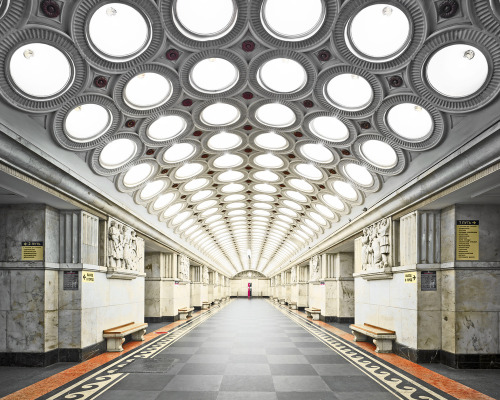
The Russian Metro Stations by David Burdeny

Solovetsky Monastery in Faustovo, Moscow Oblast

Traditional Russian house decoration



Church of Chavenay
Yveline region of France
Pierre Poschadel

Church of Chavenay, Yveline region of France
French vintage postcard

City clock in Auxerre, Burgundy region of France
French vintage postcard









This is a place where secrets are hidden behind stone walls and learning is almost a magical ritual.

Isaac Levitan - "In the Vicinity of the Savvino-Storozhevsky Monastery"

Asamkirche, München - Deutschland
©JC Elgueta 2009

A View of Naples through a Window, 1824. Franz Ludwig Catel



Konstantin Andreevich Ukhtomsky, The Small Winter Garden in the Apartments of Alexandra Fyodorovna from Types of Rooms in the Winter Palace, c 1870s, watercolor.

A phenomenally enameled silver Swept-hilt Rapier, Germany, ca. 1606, housed at the Staaliche Kunstsammlungen Dresden.

The Painter's Honeymoon (c.1864) by Frederic Leighton

Frederic Leighton (English, 1830-1896)
Memories

Romeo and Juliet on the Balcony (1886) by Julius Kronberg
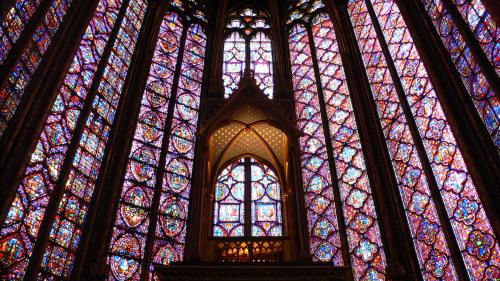
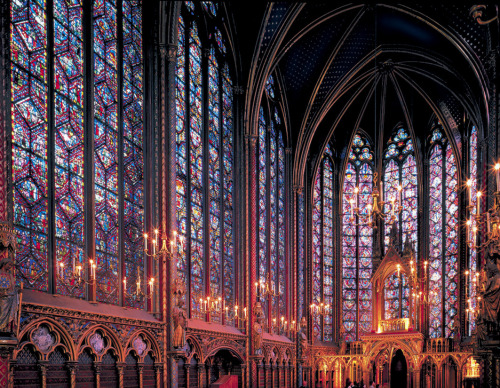
The Stained Glass of Sainte-Chapelle
Interior of the upper chapel (looking northeast), Sainte-Chapelle, Paris, France, 1243–1248
This chapel is a masterpiece of the so-called Rayonnant (radiant) style of the High Gothic age, which dominated the second half of the century. It was the preferred style of the royal Parisian court of Saint Louis. Sainte-Chapelle’s architect carried the dissolution of walls and the reduction of the bulk of the supports to the point that some 6,450 square feet of stained glass make up more than than three-quarters of the structure. The emphasis is on the extreme slenderness of the architectural forms and on linearity in general. Although the chapel required restoration in the 19th century (after suffering damage during the French Revolution), it retains most of its original 13th-century stained glass. Approximately 49 feet high and 15 feet wide, they were the largest designed up to their time. (source)

"Mrs. Dalloway said she would buy the flowers herself.”
One hundred years ago this month, Virginia Woolf’s Mrs. Dalloway was published. The novel epitomizes modernism’s drive to capture the fragmented texture of early twentieth-century life and to render psychological landscapes with clarity and nuance.
Read more about Virginia Woolf's contributions to modern literature from JSTOR Daily.
Image: Mrs. Dalloway (first edition, 1925), cover art by Vanessa Bell. Wikimedia Commons.






ɢʀᴏᴡɪɴɢ ꜰᴏɴᴅ ᴏꜰ ᴘᴀꜱᴛᴇʟ ɢʀᴇᴇɴ